Image by StockSnap from Pixabay
By Rivera Sun. Note: In this solutionary climate fiction story, I chose to re-envision my childhood home of Auburn, Maine in the year 2200. In exploring this transformed future, the writing offers a glimpse of how solutionary climate fiction could be an empowering form of worldbuilding for our changing world. You can find it as a pdf here.
_____________
“Chickadee Evans, come back here and honor the ancestors!”
My mother’s holler startled the silence of the dark cemetery, sharp with exasperation.
“No!” I yelled back, smacking into a gravestone as I craned over my shoulder. “I’m not joining your stupid ritual. I’m not asking advice from the people who wrecked the world!”
She shouted something I couldn’t quite hear as I pounded away through the dry rustle of autumn leaves. Probably a tirade about how my witch-ancestors had been burned at the stake to give me the freedoms I was throwing away – blah, blah, blah. I’d heard that talk so many times I could recite it in my sleep. Mom and her coven never let up on that. Any time one of their daughters rolled our eyes at full moon ceremonies or menarche celebrations, we got The Talk. All my friends had some version of it: the witch hunts, the Holocaust, chattel slavery, residential schools; how we should count our blessings to have been born in the 2190s instead of the previous millennium. Even with the fluctuating climate. Even with the floundering ecosystems. Even with the chaos of our near-miss with the Sixth Great Extinction. After all, we could have been born in the Upheaval. Or the Lean Years. Or the Plagues.
It’s All Hallows Eve. The annual time of year when the past comes back to haunt us. Or help us, as Mom says. But she would say that – she’s a Gleaner. It’s her job to dig through the archives, old stories, and abandoned ruins to unearth cautionary tales to terrify us all with. You ignore the past at your own peril, she scolds me when I scoff at her hair-raising stories. Those who don’t learn from the past are doomed to repeat it. Ugh. A lot of my friends are scared of the Gleaners. Who wouldn’t be? They’re freaky. Stalking the streets in black robes and somber faces, they look like the glossy crows pecking through the stubbled fields at harvest end, searching for stray wheat kernels to consume.
Image by PublicDomainPictures from Pixabay
The graveyard is spooky enough without the Gleaners waking up unhappy souls. Last year, I had to spend All Hallows Eve listening to the howls from the mass burial site of one of the pandemics. Mom wanted to commune with the ghosts of the scientists who linked the virulent disease to feed lot farming and overuse of antibiotics. The Gleaners wanted to get some advice on a new plan to expand our town’s communal herd of cows. You’ve got to be careful what you ask for, though. You never know what the spirits will say. Mom was hoping to hear about better pasture rotation practices, but the dead scientists warned us about yet another horror: PFA “forever” chemicals had been sprayed on our fields as sewer sludge in the 1990s. We had to retire our herd and start again in a new area. Two hundred years later, we’re still being haunted by those undead chemical monsters. Unless we find a remediation method, they’ll still be here in another two hundred, even two thousand years into the future. People in 1990 shouldn’t have been messing around with stuff that could still hurt people in 4400. And don’t get me started on nuclear waste and weapons. We won’t be free of that until . . . I don’t think we can even count that high. Year 51,950?
I shudder and scurry along faster. The trees have dropped their leaves, raking the black night with skeletal arms. I miss the autumn colors already. Restoring the fall foliage was the triumph of Mom’s generation. We lost it for a century or so. The Dawnland, as the Wabanaki call this region, requires cold nights and warm days and healthy microbes dancing on every leaf to unleash the season’s glorious colors. It’s pure magic – and we’re lucky to have it back. Mom’s grandmother helped brush microbes on maple seedlings. Her great-grandmother was one of the scientists who joined the Abenaki, Passamaquoddy, and Penobscot visits to the Mi’kmaq and Welastekwewiyik Nations to “invite” the maples to return.
It’s hard to wrap your mind around the enormity of what it took to draw down excess carbon from the atmosphere and cool the runaway train of global warming – immense reforestation projects, severe regulations on emissions, degrowth policies, the anti-consumerism trends of the late 2020s, the economic collapses of the 2030s, the green reboots of the 2040s. For a century, the world was in utter chaos, wrestling the fossil fuel industry out of existence. Everything went through wild oscillations. Not just those scary polar vortexes and blistering heat domes, but political and social upheavals, too. Mom was the first generation to grow up seeing the restored blaze of scarlet and gold across the forests of what was once Maine. That’s why Mom’s so fanatical about her work with the Gleaners. We excavate the past, she says, to ensure a future for humanity. It’s crucial to think, not just across continents, but across generations. Two hundred years ago, people thought in sound bites and multitasked and lived without thought of the generations to come. They had no future. They had come to the brink of time. Unfathomable.
Still, there are limits to how many terrifying tales a teenager can take in. I’m not spending another All Hallows Eve in the cemetery, chanting around a circle of flickering candles as Mom searches for explanations. This year, she wants to know why the beavers abandoned their dams in the creek. The bio-healers are betting on a fungal infection, but Mom and the Gleaners think the nineteenth century French Canadians might have a different explanation. Given that they all worked in the local shoe factories, I doubt it, but Mom suspects they’ll remember the folklore of their fur trapping great-grandfathers. Personally, I’m betting on the Abenaki elders’ wisdom. They know more about this ecosystem than the colonists ever “discovered”.
Another shiver quakes down my spine as I stumble over a half-buried headstone. It’s too cold to hang out by tombstones tonight, anyway.
Be grateful for the cold, Mom’s chiding tone echoes in my frigid ears. I pull my wool hat down lower and shove my hands deeper into the pockets of my coat. We’re supposed to be grateful for everything these days – because it could be so much worse. We could all be extinct, for one thing. Or slowly starving our way toward doom on an overheating planet wracked by menopausal Octobers.
My bike is leaning up against the cemetery’s stone wall, alongside the coven’s herd of eclectic steeds. There’s a burro and a horse standing flank-to-flank next to the wagon for the older witches whose knees aren’t so good. I want Mom to let me get a horse. She says a bicycle is easier to feed. I told her I can’t ride it in the snow, but she gave me a look and reminded me that I already had a pair of x-country skis. The teenage yearning for better transport is eternal, apparently. No matter what century we live in, we’re all looking for a faster way to escape our parents.
One time, the Gleaners screened this old movie, Rebel Without A Cause. It’s about a bunch of teens skulking around in leather jackets and hurtling their disgusting gas-powered cars at a cliff like idiots. Afterwards, we had to write essays about the symbolic connections between suicidal car races and the use of fossil fuels. Depressing. I liked the blockbuster Titanic film better, though it’s hard to believe millions of viewers in 1997 missed the iceberg-sized allegory as they hurtled full-steam-ahead into the disaster of the climate crisis. When I asked Mom how they could be so stupid, she just snorted and told me I’d understand when I was older.
The night wind has teeth like a beaver, gnawing at my fingers on the handlebars. My light’s so feeble, it scarcely illuminates three feet in front of me. I forgot to plug it into the solar array yesterday. Last week’s storm left bone-like branches scattered across the road. It’s an old asphalt street, the edges nibbled away by time and erosion. I don’t dare take my eyes off the dizzying pool of light. The back of my neck prickles. The eighteenth-century story of Ichabod Crane and the Headless Horseman haunts me. The thought of flaming pumpkins hunches my shoulders as I pedal uneasily through the woods.
Image by jplenio on Pixaby.
The sight of the bluish, algae-powered streetlights in the neighborhoods floods me with relief. I hop off and walk my bike to avoid crashing into the hordes of shrieking, laughing children trick-or-treating from house to house. Most are wearing animal costumes checked out from the library. The town collection is immense, what with all the costumes needed for the theatrical plays, seasonal pageants, processions of species, and ritual dances. People come from other towns to borrow the most elaborate ones – our mirror-scaled trout or the twelve-person, barnacle-encrusted humpback whale, for example – or to hire our dancers for their festivals. We’re famous for our dancers. That’s how we got our solar generator repaired last year, trading a day of labor from a nearby town’s engineer in exchange for a bear dancer going to their May Day Celebration.
The kids are a riot of motion, wriggling, hopping, lumbering or loping up to the stoops and front doors of the neighborhood. They know the older dancers are watching, looking for their next apprentices, but it’s more than just ambition and showing off. On All Hallows Eve, we re-enact the Return From the Brink, the era when we came so close to losing all the creatures in the Sixth Great Extinction. It breaks my heart to imagine our world without them. Our bioregion would be so lonely without Snowshoe Hare, Black Bear, Pine Martin, Brown-Nose Bat, or Moose.
Tonight, the children take on their shapes and forms, and creep up to the doorsteps to renew our pledges to respect them. With honey oatmeal cookies and mint-and-apple wedges, dried pear slices and sticky-maple popcorn balls, each household gives a treat to this non-human ancestor, pledging to tend to the water, land, and air we all rely on. I used to love doing it. I’d dress up as Wren and flap down the street, or trudge along as Painted Turtle, or hop up the steps as Pickeral Frog. One year, I got lucky and drew the Lynx costume in the library’s lottery for the most popular outfits. My favorite year was Black Bear because everyone gave me honeycomb candies. My mouth waters just thinking about them. I haven’t dressed up for a couple years though, not since Mom started making me join the coven on All Hallows Eve.
It’s good to see the kids and costumes. It’s as if all our neighbors in the forests, meadows, bogs, lakes, and rivers have come out walking tonight. An antlered deer paws the ground and dips his crown of horns. A tiny fox trots across the sidewalk with a perfect, toe-first prance. A spotted loon tilts her head back and unleashes her eerie cry. A toddler bumblebee rolls in her father’s arms like pollen-laden flowers.
Later, in the Witching Hour, long after the youngest children have gone to bed with full bellies and animals dancing through their dreams, the Extinct Ones will come out, silent and spooky. They are not here for treats. Silvered, ghostly, blue under the algae-lights, they are here to haunt us all with what humanity has done. While the children dream, the rest of us must bear witness, grappling with the unfathomable loss of extinction. All night long, the ghostly dancers will embody them: the minke whale, the polar bear, the Atlantic cod. It is their right, their time of reckoning. If anyone has been felling trees carelessly, Great Owl will scratch long talon slashes across their front door. If someone had been careless with their garden house, Spotted Turtle will turn their rain barrel upside down on their doorstep. By morning, we will all know who among us hasn’t been keeping their pledges to the other species. They are not playing around, the Extinct Ones. Too much is at stake. An entire world. Human existence. Everything.
Image by Jakub Zeman from Pixabay
I shiver, more in anticipation of the Witching Hour than from the cold, and hurry past the fleetingly joyful cacophony in the neighborhood. Across the street, Malik’s house looms. The light in his room is blazing away, of course. I can see him tinkering on some invention through the bedroom window. His parents used to chew him out for wasting energy at night when daylight was just a few hours off. Then Malik joined the Engineers Collective and earned his extra energy allotment with efficiency upgrades at the community bathhouse. Brilliant, that kid. If I had half his brains, I’d invent … well, I’d come up with something ingenious enough to win me a continent-wide pass on the solar and wind-powered Solutionary Rail.
I toss a pebble at the windowpane to get his attention. He shoves his glasses on top his black kinks and blinks owlishly. Two centuries ago, Malik’s ancestors on his father’s side fled famine and war in Somalia. This was in the 1990s, even before the climate crisis scorched the desert straight down to dust. Every year, in solidarity, our town contributes to the reverse desertification projects in Malik’s ancestors’ region. It’s not charity. It’s reparations, mutual aid, and repayment of a debt we owe. The Somali Bantu community taught the French Canadian and Irish American community members how to dry farm. They shared the seeds for their hardy squashes, drought-rugged corn varieties, and heat-loving dry beans. Malik’s forebearers showed mine how to irrigate – we’d never done it before. We never had to. A two-week stretch without rain was unimaginable back then. The erratic weather patterns and extreme oscillations between downpours and dry spells nearly wiped out this region. We learned to build back-up systems for our back-up systems. Diversity gave us the knowledge needed to survive. The Somalis dry farming. The Abenaki’s wild herb foraging. A bit of Yankee ingenuity. A dash of French-Canadian thriftiness. The luck of the Irish-Americans. We needed it all, and then some.
Malik pushed up the window and leaned out.
“Thought you were at the séance?”
“It’s not a séance,” I answer automatically, irritably. Technically, my mother and her coven of Gleaners are communing, which is less of a parlor room game, and more of a meditation practice. “Come on, I’ve had enough ghosts and gleaners for one night. What I need is some fun.”
He can see my wicked grin from there. He knows that fun actually means mischief. Even if I can’t read his features – backlit by the desk lamp, his dark skin is inscrutable – it’s not hard to imagine them. The classic eyebrow lift. The question on his full lips. It’s like a personal ritual between us, those expressions. We’ve even got a kind of call-and-response greeting before mischief ensues.
Me: I’ve got an idea.
Him: How much trouble can we get in?
Me: Not that much.
I was always wrong. He always joined in, anyway. Some trouble is worth it.
Malik grabbed his coat and we took off. We didn’t bother trekking to the western part of town to fetch our friend Morningstar Rose. Her family was upriver at the Abenaki ceremonies. Her parents were ambassadors from their nation to our town, keeping us accountable. The fact that the Abenaki are here at all is a miracle. They almost got wiped out by colonial genocide, fleeing northward to survive. About two centuries ago, the remaining descendants started to return to their ancestral lands. It was a big deal, apparently. Kind of like the Maple Nation coming back. It helped that the other Wabanaki Nations pushed the local towns to give land back. And that the United States was weakening.
During the Upheaval, the old United States cracked under the strain of global sanctions against fossil fuel exports. Like the Romans and British, the empire crumbled. Nominally, there is still a United States in the District of Columbia, Maryland, and Virginia, but most of the nation’s borderlines had been erased, or at least ignored as irrelevant. Now, we’re part of a mycelium-like network of town solidarity groups, watershed alliances, mountain range coalitions, forest commons, bioregion councils, and so forth. Hundreds of Indigenous nations exist in direct relationships with these groups. It’s not perfect. In some places, it’s still really messy – don’t get me started on the Republic of Texas’ neo-colonialism or the Ploughshares Movement’s struggle to get North Dakota to dismantle the world’s last nuclear weapon – but on a living planet, it’s folly to think in terms of nation-state borders. It makes a lot more sense to organize around rivers and woodlands, coastal zones and wildlife migration patterns.
“So,” Malik prompted, wrapping his scarf tighter as his breath frosted on the air, “what kind of trouble do you have in mind?”
“Mr. Malone,” I smirked.
My friend gasped, eyes widening. I hardly needed to say more. Mr. Herbert Malone was the grumpiest person we’d ever met. I didn’t know it was possible to be born without a sense of humor. Then we enrolled in Mr. Malone’s Advanced Composting course. Malik was researching bio-heat converters, and I needed bioscience credits, so we signed up together. That was a mistake. The last time we studied composting, we were twelve. Back then, Ms. Jones taught us with hands-on lessons turning the elders’ compost piles. She was an earth goddess with an infectious laugh and a love of worms. Mr. Malone was a sour-faced stickler with a nasal drone and a dislike of anyone under fifty. Mr. Malone even refused to comply with the rules of open science and tell Malik how to deal with noxious off-gasses. He repeatedly tossed us out of class for “impertinence”. I mean, how could my joke about shit creek and paddles be out of line, given that we were talking about the perils of miscalculating proper heat temperatures for composting human effluence?
“What do you think?” I asked Malik. “Should we scatter his compost around the yard?”
“Salt his garden.”
I blinked. Malik hated him with a vengeance, but this? Even awful Mr. Malone didn’t warrant something so extreme. No one messed with gardens. They were sacrosanct. We depended on our little backyard patches of kale and side yard potato rows. Our ancestors had survived the Lean Years of the Upheaval because of them.
“Okay, okay, not that,” Malik backed down.
“We could toss stinky river weeds over his apple trees,” I countered.
“That’ll show him about noxious gasses,” he muttered.
We grabbed our bikes. Malik hooked his family’s cart to his bike hitch. I tossed a couple rakes in the back. We coasted down the steep hill past the Restorative Practices Center and through the middle of town. Down by the river, a thin fog breathed off the surface. Frost snarled through the reeds, cattails, and tangled brambles. The old waterwheels churning below the falls rumbled and creaked, masking the sleeker – and quieter – new turbines inside the rebuilt millhouses. The torrential rains and flashfloods of the 2040s had gutted everything along the river’s course. The old car bridge had collapsed; a suspension-wire footbridge stood in its place now. The nineteenth-century brick mills had crumbled, too, but had been rebuilt. Water power was too precious to ignore forever. Sluices ran from above the rocky falls through the gearworks and over the wheels of the generating station, the flour-grinding house, the laundry center, and the community hook-up where you could attach a number of devices like sewing machines, juicers, lathes – basically anything that needed a turning gear. It was cacophonous and wonderful, everyone met up there. It wasn’t called the Hook-Up for nothing.
Image by Paul Schneider from Pixabay
The path upstream from the falls was bumpy with tree roots. I dropped my bike at the trailhead and helped Malik haul the cart up the steep embankment. We could smell the rotting river weeds long before we arrived. Gagging, we skidded down the slick mud. Our bike lights bobbed in our hands like drunken fireflies. I grabbed a stick and poked at the shoreline. The river swelled and shrank with the runoff of each upstream rainstorm, drowning and uncovering the grasses. I could feel the slimy stems under my feet. The best stuff would be half in the water where the current eddied backwards, stalled by the huge boulders of the falls.
Snap!
I shrieked and stumbled backward as something hard and jagged-toothed crunched the end of the stick. Malik whipped his light around, searching for a snapping turtle, even though we both knew it was the wrong time of year for a cold-blooded reptile. A glint of metal reflected on the water’s edge. Malik reached for it, hooking its curved bands with the end of his rake.
A steel trap. We shuddered, viscerally recoiling. I rubbed my ankle where the sinister teeth could have crushed it.
“Who would – why – what are they after?” The questions choked in my throat.
“Otter,” Malik suggested.
Just a few weeks ago, the neighborhood grapevine had buzzed with gossip about a recent sighting of a river otter pair. We hadn’t had any of those laughing, playful creatures here for centuries, though we’d heard tales from other parts of the Androscoggin River. Their return was a sign that our pledges were being kept, that fish were abundant and the waters were running clean. Thrilled, the local bakers marked their sourdough loaves with a pattern reminiscent of the otters’ distinctive five-toed footprints. One of our dancers slipped on the sleek costume and danced a rolling and leaping welcome in the streets.
Who would do such a nasty thing as set a steel trap for them?
Malik was already scouring the mud, his headlamp sweeping left and right. He called to me, pointing to the boot prints. I knew them. Everybody did. Billie Martin had been bragging about them for two weeks straight, showing everyone the diamond rattlesnake pattern in the rubber soles. Hardly anyone had rubber these days – and who’d waste it in shoes? Gaskets, bike tires, and laboratory tools were all higher priorities. Malik had muttered something about stealing Billie’s shoes to make hospital equipment, but I had talked him out of it. Now, I regretted it. It was clear how that blockhead had paid for them, not to mention the extra energy allotment for his mother’s home washing machine, and the solar motor on his father’s bicycle. He’d been trapping animals for their pelts. City folk would pay a fortune for furs, horns, antler racks, even mounted fish. The rich liked to put stuffed creatures on their faux fireplace mantles. Something as cute and furry as a river otter would fetch a high price. They claimed their taxidermy displays were “legacy” items from centuries ago, but how long could a dead animal last? I wish multi-millionaires had gone extinct instead of sea minks.
We found seven more traps along the riverbank. It took us hours to scour the shore, cautiously tapping our sticks like canes for the blind, flinching each time the metal teeth snapped shut, sharp and unforgiving. We abandoned our prank on Mr. Malone. It seemed small and petty now. There were real monsters about, people who’d kill a whole ecosystem for the chance to gloat over a pair of shoes.
Wheeling our bikes over the suspension wire footbridge, we crossed the river to Billie Martin’s place. No lights shone in the windows. No candles burned. No one sat up, waiting for the ghostly dancers to pass by at midnight. No one in this household cared that they had unearthed the demons of history. No one was losing sleep over how the sicknesses of previous centuries were rotting them from the inside out. No one worried about how their actions in the present were imperiling the future.
I peered over the fence into Billie’s yard. Wrath boiled in my blood. While my mother and her coven sat vigil in cemetery, wondering what had befallen the beavers, I saw the answer hanging on his shed, gruesome and bloody. The scar-eared matriarch hung upside down, nailed by her flat tail, her water-slapping warnings silenced. Malik boosted me over the fence and I took her down, cradling that beautiful creature in my arms, promising that I would return her to her dam, give her a proper release, and apologize for the cruelty of our species.
I opened the back gate and put her stiffened body into the cart. We lifted the steel traps, carefully muffling their clanking noises and made our way to Billie’s front walkway. We’d leave the traps there, showing the whole neighborhood what he’d done. When the Restorative Council caught wind of this, Billie would spend the next two years in the mosquito-plagued western forests, restoring beaver habitat with nothing but hand tools and sweat. And he’d have to give those rubber soles to the healers’ collective. They’d reclaim the washer, the solar motor, anything that had been bought with illegal poaching. The steel traps would be melted down and turned into something else. Nothing would remain of this fiasco except regret.
My plan was to leave the traps, closed, on the walkway. Malik thought we should open them the way they’d been on the riverbank, but I couldn’t stomach the thought of flesh and bone getting mangled in them, not otter’s, not beaver’s, not Billie’s mother when she stepped out the door on her way to the Hookup. A sudden idea struck me – nothing genius, certainly nothing that would win me that coveted rail pass – and I hissed at Malik to wait.
I darted into the night with a sense of my ancestors whispering in my ears. Not the smart ones. Not the heroic ones. The mischievous ones. The ones who crept into their cousins’ houses on All Hallows Eve to turn every last stitch of clothing inside out. The ones that stalked the spirit-thin veils of the season and brought a touch of reckoning to their communities. The ones who dumped cow dung on mean neighbors’ doorsteps. The ones who hung the gossip’s dirty laundry on her front fence. The ones who played “faery” and spirited away an abused wife to safety in another town. Mom had told me their stories. I’d rolled my eyes at the time, but I was glad to know these tales tonight.
Image by Vlad Vasnetsov from Pixabay
One by one, I snatched up the flickering heads of jack-o-lanterns, blowing out the candles to mask the light, carrying them back to Billie’s front walkway. Malik and I pried the traps open. The jagged teeth yawned wide for an instant before we released them. The metal chomped onto the pumpkin heads, leaving bits of pulp and pith scattered everywhere. As the last trap clanged shut, the lights burst on in the house. We hurtled for our bikes and pedaled away furiously. Billie’s mother screamed at the sight of the ghastly pumpkins smashed between steel trap jaws. Billie burst out in his pajamas, snatched up a jack-o-lantern, and flung it after us. It missed by a mile. He had a terrified look on his face as the neighbors ran out at the commotion.
By the time we’d huffed and puffed up the steep hill homeward, the town clock tolled out midnight. The neighborhoods had fallen under a spell of stillness. Unearthly creatures stalked the streets. The Extinct Ones prowled the Witching Hour. Ghostly and pale, Caribou lifted his antlered head and snorted at us. Eastern Cougar yowled and bunched into a crouch. Slow and silent, Albatross wheeled in a dance of lonely madness. Grey Wolf turned her yellow eyes on me, mournful, baleful. Some silent exchange passed between us, as if she guessed the tricks I’d just played. My heart leapt into my throat with knowing, with thrill.
I might never be a Gleaner like Mom, but the Extinct Ones called to me in a silent howl, urging me to join them. I had the temperament for it – the wrath and love in equal measures, the wicked delight in darkness and trickery, the hot rage at the mistakes of history, the fierce protectiveness of the future. I was born for Witching Hour forays. The whispers of my mischievous ancestors sang in my ears. I could serve in this role, holding my community accountable for their actions in the present, delivering warnings from the past, ensuring a future for us all. A dark smile spread across my lips. I would love to learn their secret ways, practice their rituals, learn the skills of these eerie beings . . . so that, in the centuries to come, when the Extinct Ones crept into the night, no one would ever dance as Otter . . . or Beaver . . . or Human.
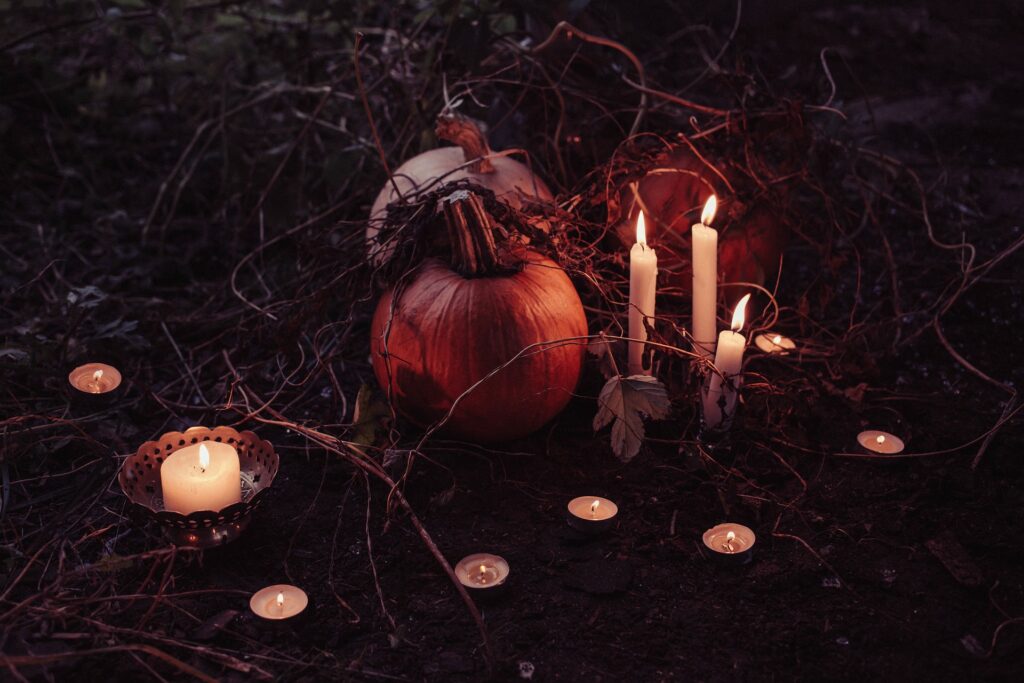
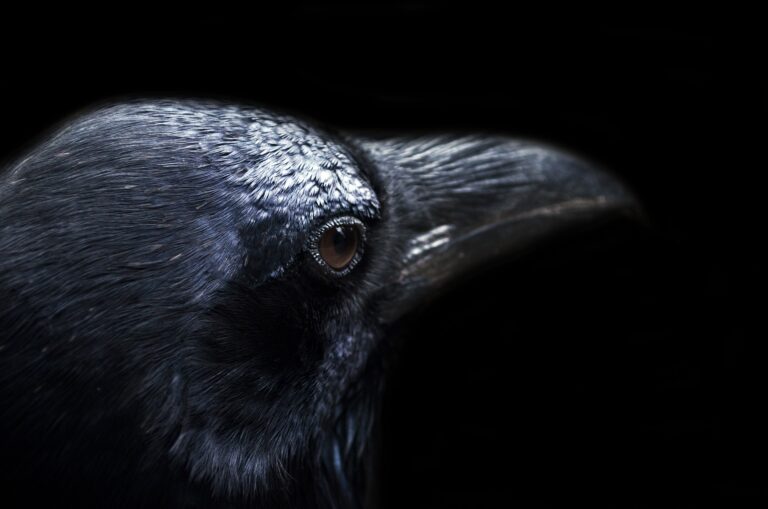
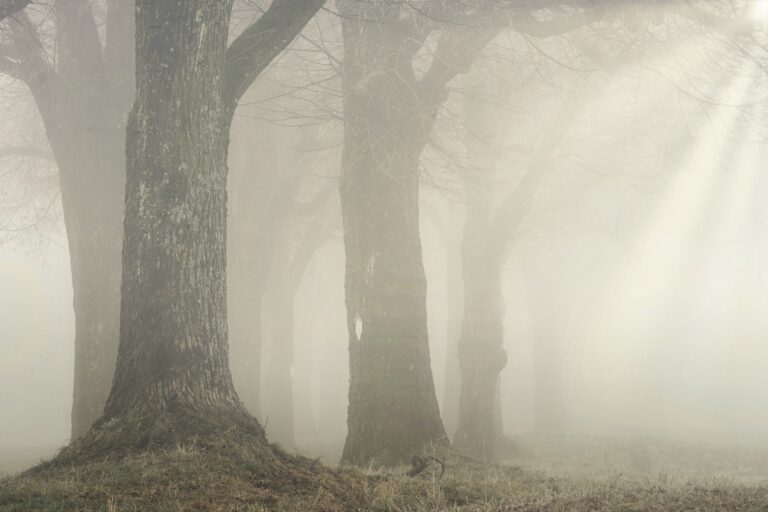
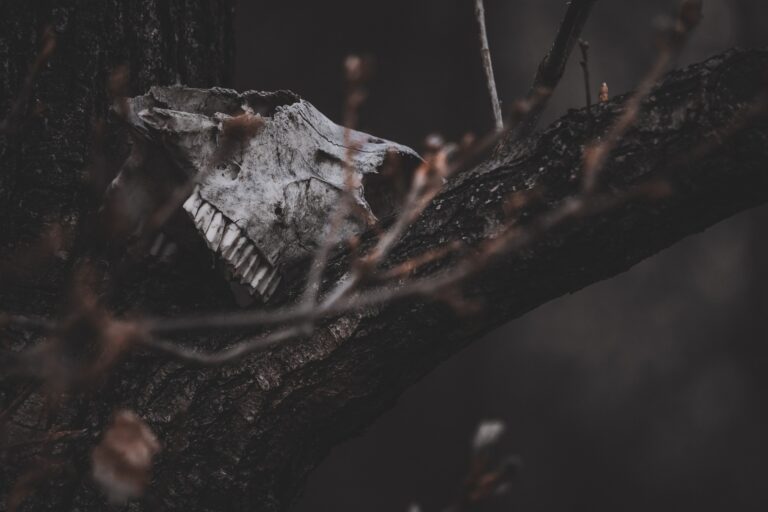
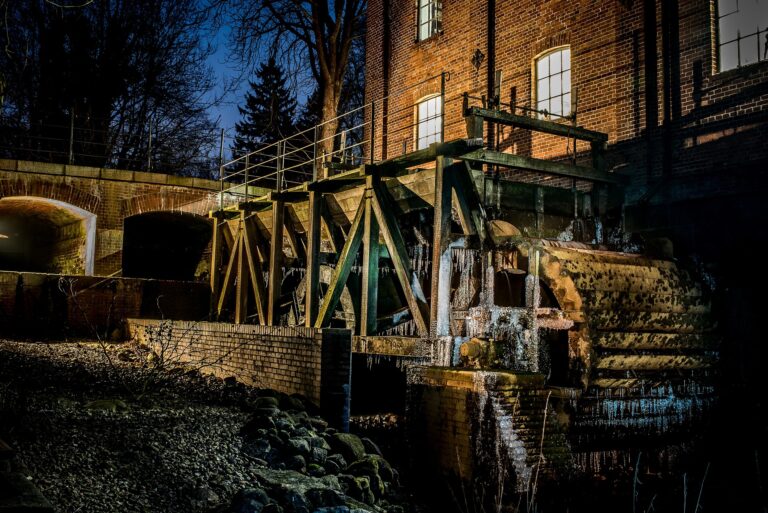

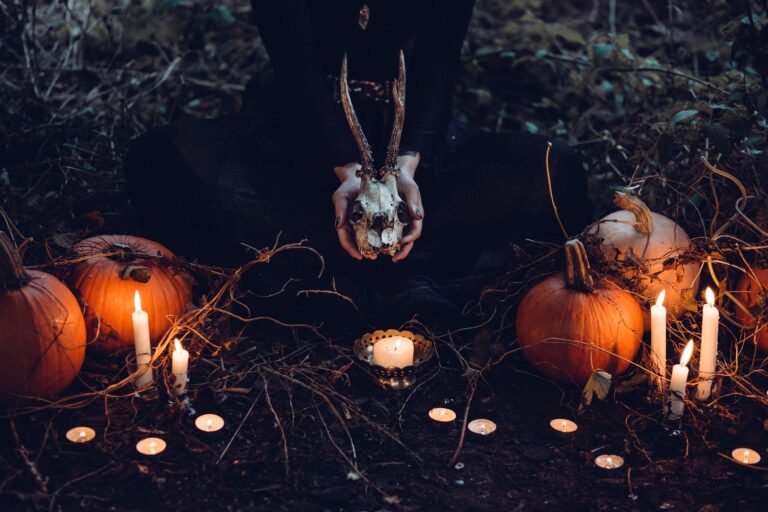
Michael
says:Great story, Rivera!
You’ve certainly found your niche.
Or one of them.
Al
says:Fine story. I’m looking forward to Ari/Ara #5 (+#6, etc,). You are on a roll, Rivera Sun! As Michael says, You have found your niche.
Al
Al
says:Fine story. I’m looking forward to Ari/Ara #5 (+#6 etc). As Michael says, You have found your niche.
Al
Nina Galin
says:Hi Rivera, I’m in your current “Writing Peace” class. I really enjoyed this story! I love the way you “imagine backwards” through time as your future adolescent self, and the detail you create about places and socio-political structures. One that sticks in my mind is the diminished version of the U.S, now down to D.C., Maryland and Virginia. Very cool weaving together of time-travel for the reader, references to indigenous knowledges, western-academic knowledges about climate and activist culture. I love your vision of the future.
-Nina
Rosalie Paul
says:You paint a wonderful image of the future we so badly need to discover. Thank you, Rosalie Paul, Brunswick
Glenn Cratty
says:Once again I see your wild creativity and nonviolence have merged once again. I really like this part: “Now, we’re part of a mycelium-like network of town solidarity groups, watershed alliances, mountain range coalitions, forest commons, bioregion councils, and so forth. Hundreds of Indigenous nations exist in direct relationships with these groups. ….. It makes a lot more sense to organize around rivers and woodlands, coastal zones and wildlife migration patterns.”
So when you come up with a imaginative, creative act of nonviolent civil disobedience for real life, count me in.
I see you are living in Maine now. It is like you are in my VT neighborhood. Yippie!
m young
says:this backwards history inspires me to autobiograph backward from the future.
therapy.
and why limit myself to a start in this century? after echoes have a life of their own. as a gleaner, i know.
innovative and surprising read, thankyou Rivera
Susan Alima Friar
says:wow …first so beautiful with all the commitments to a sustainable life for all and then seeing those who didn’t care. Thank you Rivera!